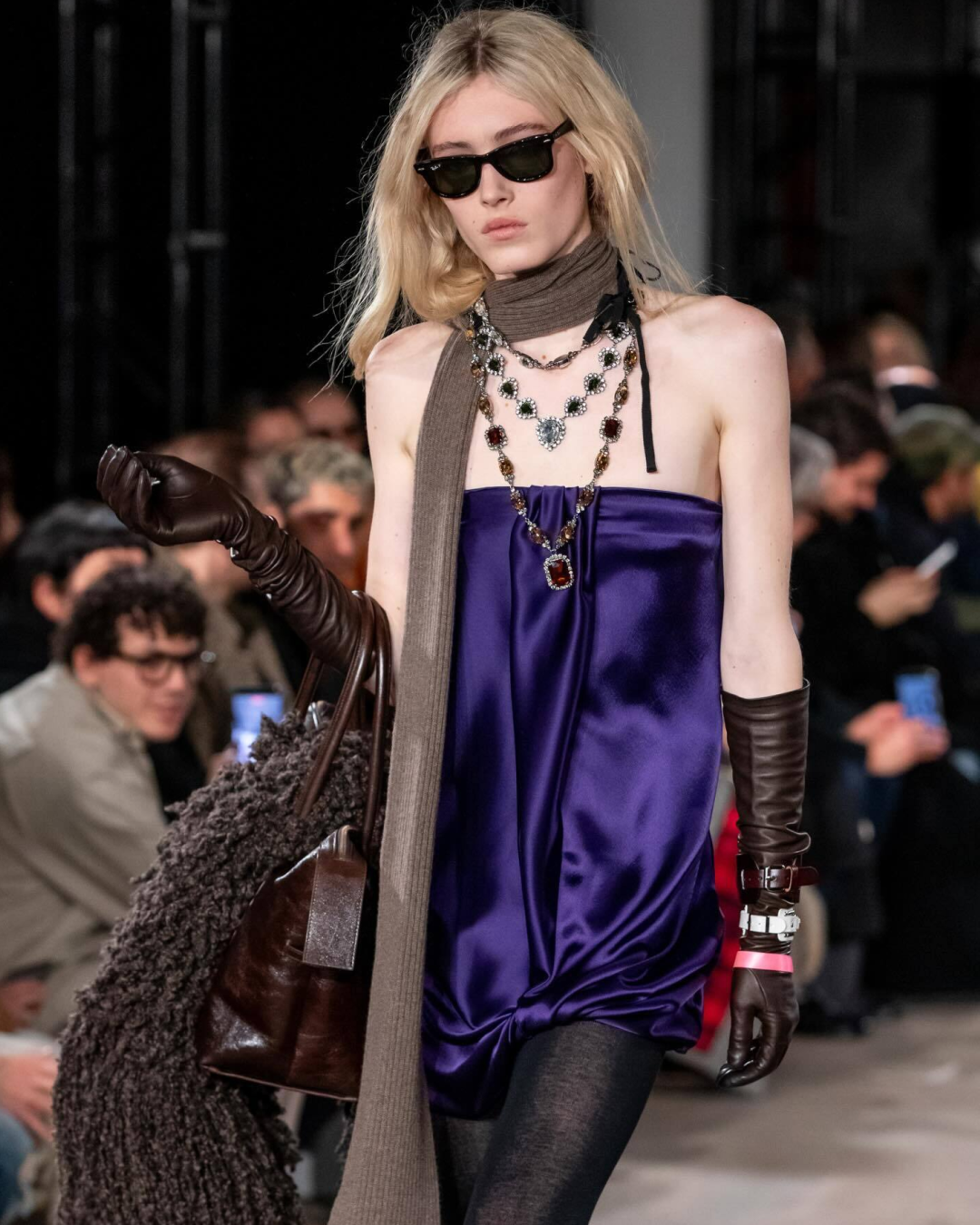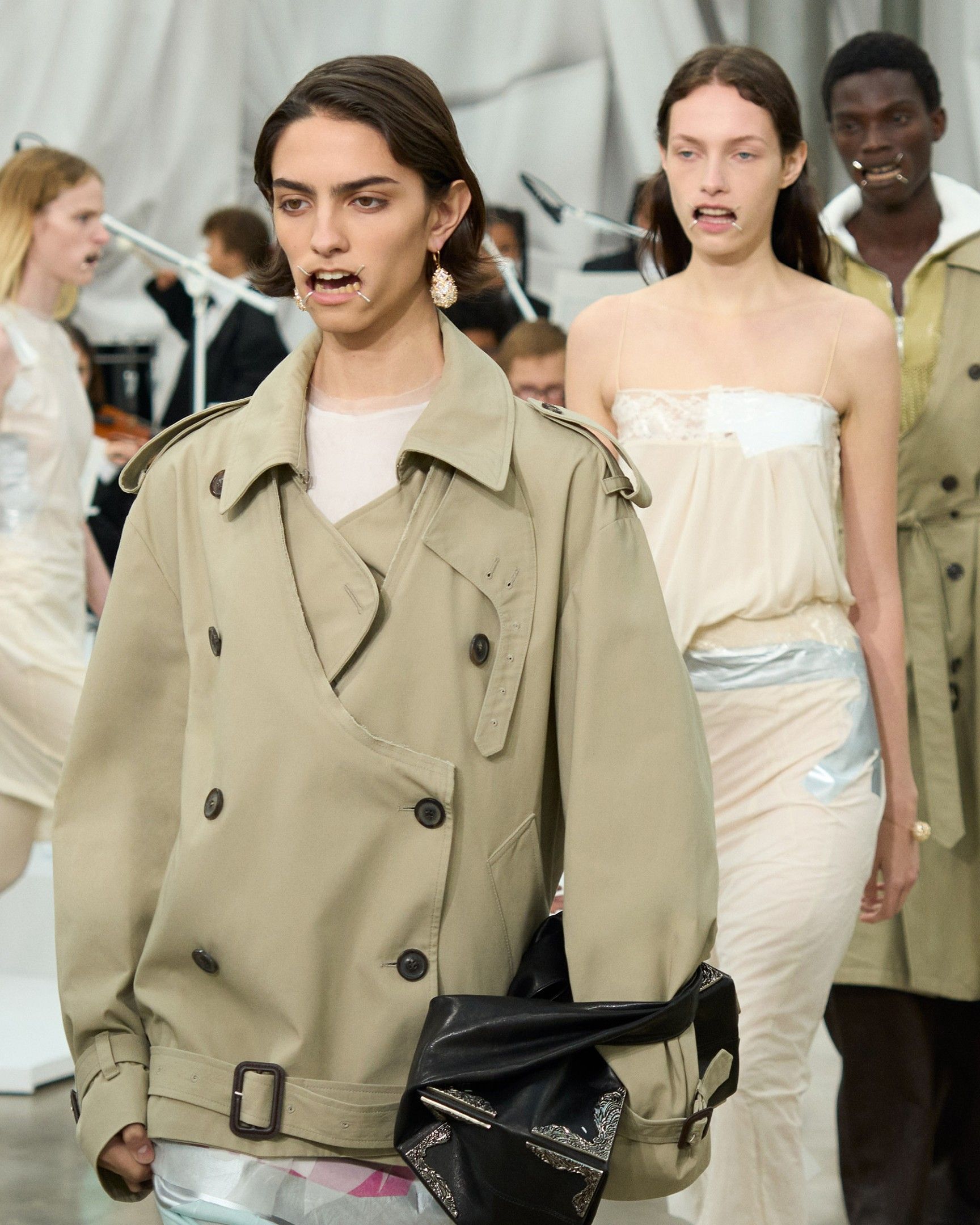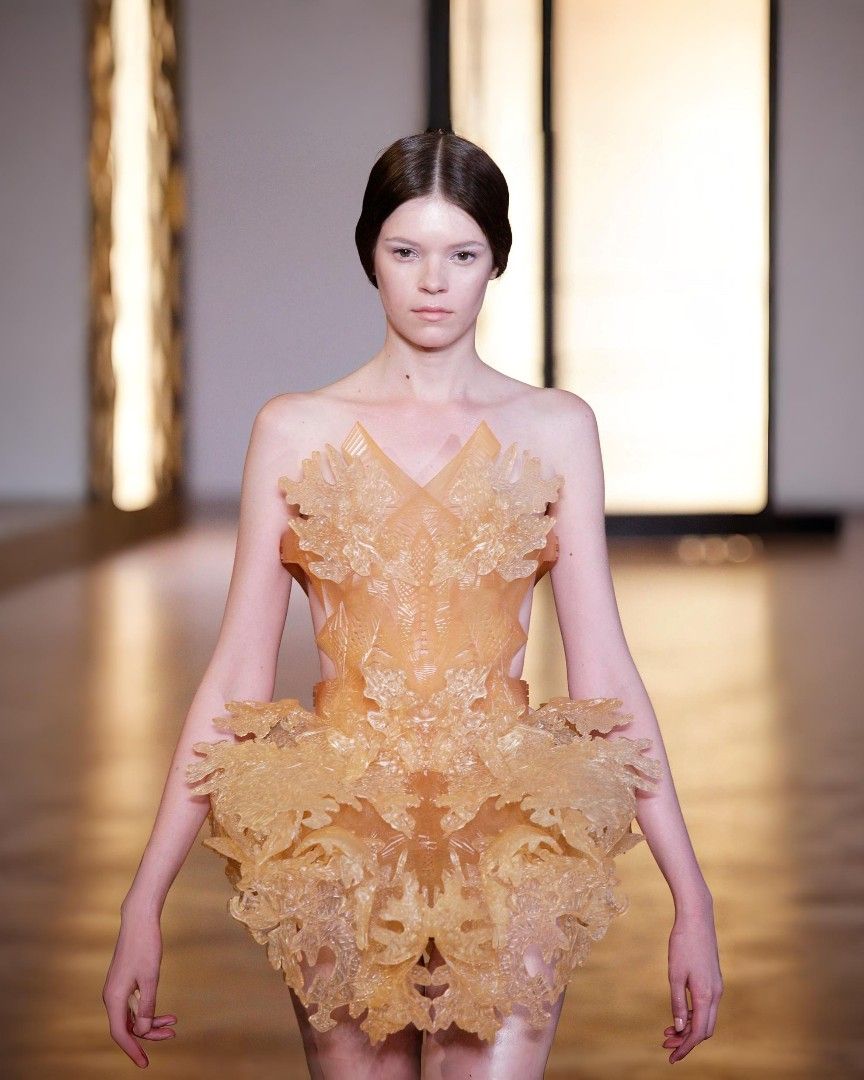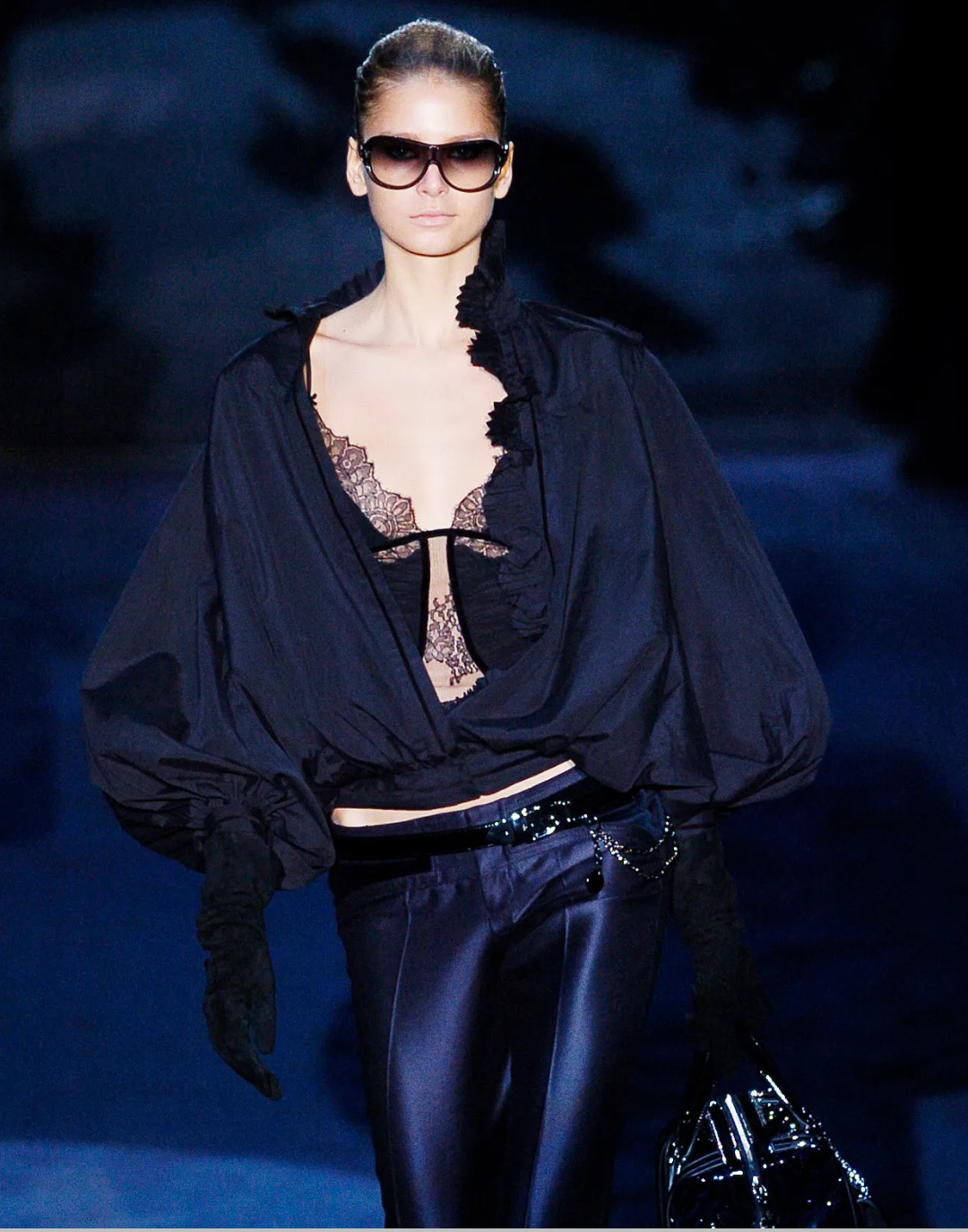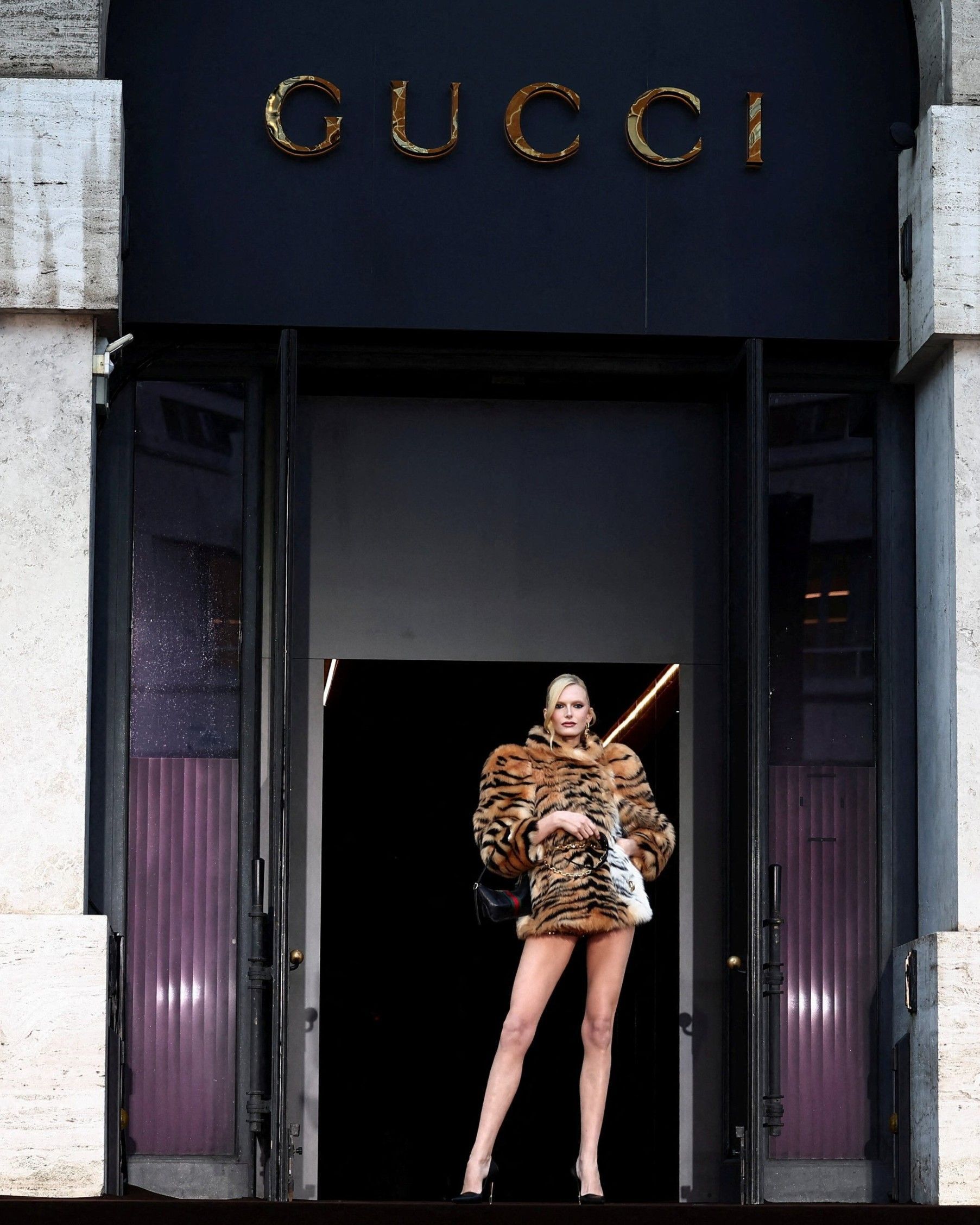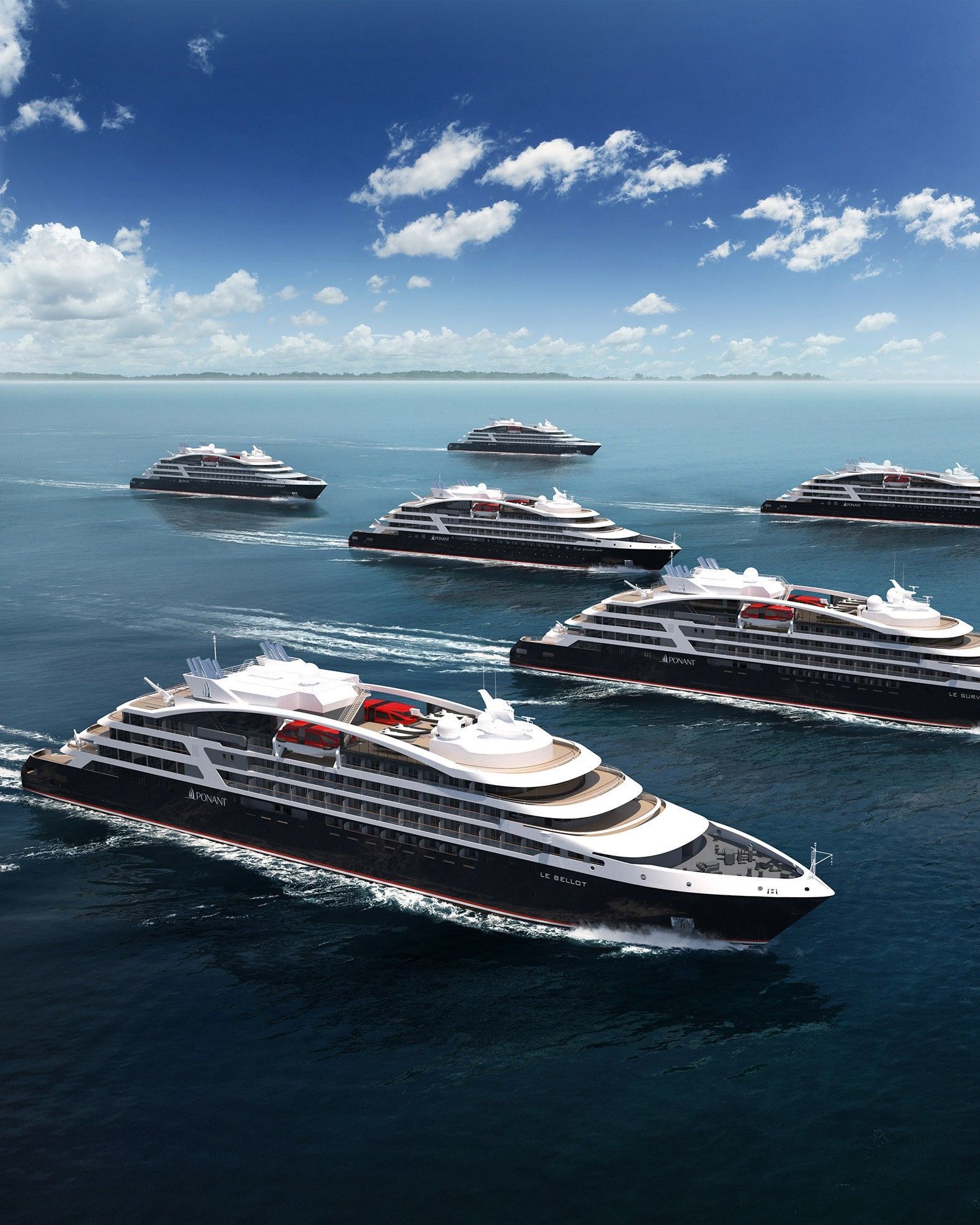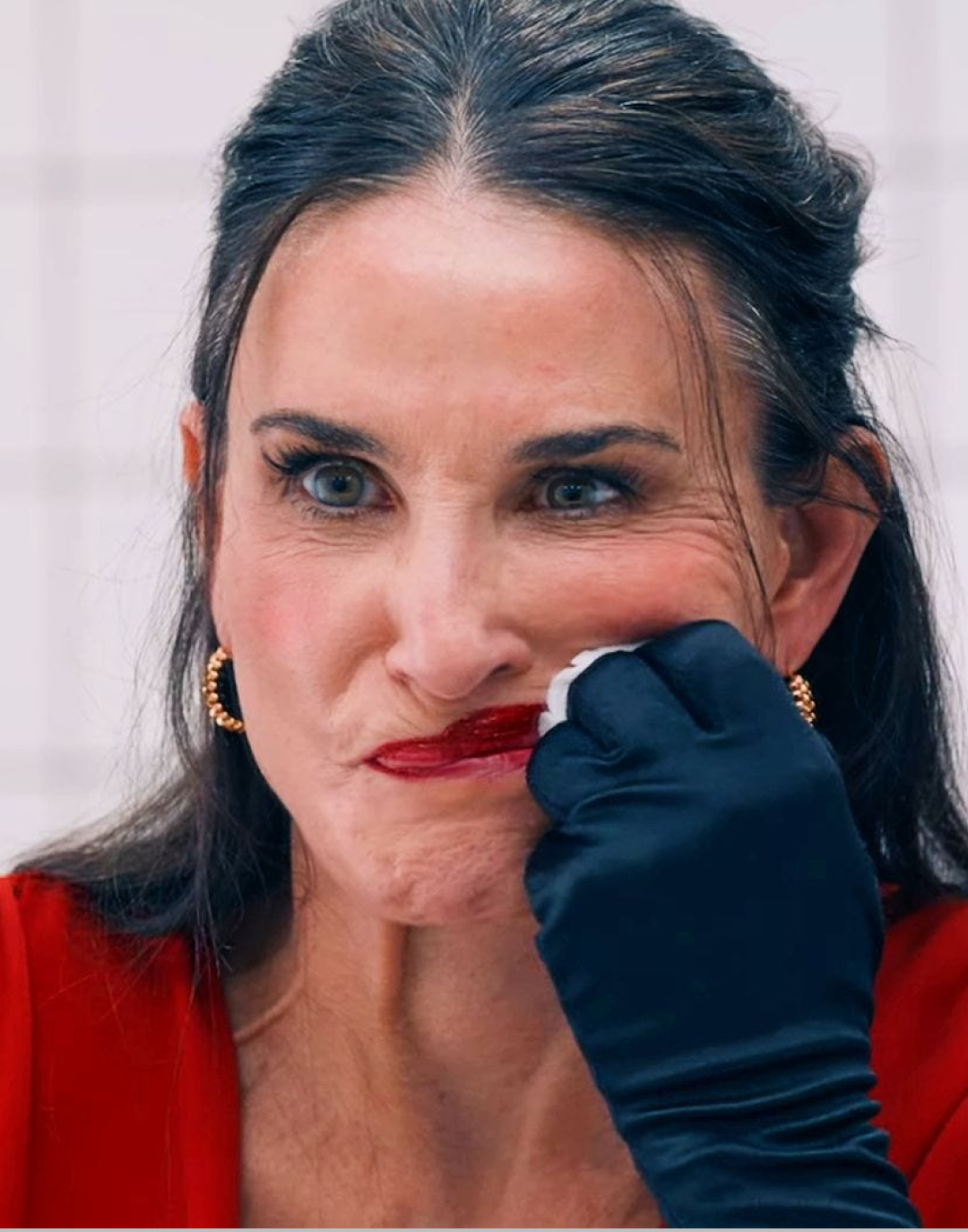
Kering is in trouble The only good performer of the group is Bottega Veneta
Kering reported a drastic drop in revenue in the first quarter of 2025, due both to increasing pressure on its «top performer», Gucci — from which more than half of all revenues depend — and a broader weakening across nearly all of its other brands. The group’s total revenues fell by 14%, reaching €3.88 billion — lower than analysts had expected. Leading this decline was Gucci, which saw a 25% drop in comparable sales during the quarter. The brand had already suffered a 24% decline in the previous quarter, suggesting that its crisis is not only persisting but deepening. Gucci, which accounted for 63% of Kering’s operating income in 2024, remains the cornerstone of the group’s profitability — or, in this case, its deepest wound — and its current weakness casts a long shadow over the entire corporate strategy. Kering’s difficulties come at a time when its main competitors, though affected by a similar context, have still achieved better results. LVMH reported a 3% drop in revenue, reaching €20.31 billion — alarming but not tragic for the Arnault group — while usual suspects like Hermès, Moncler, and Brunello Cucinelli still managed to grow. Kering’s 14% decline highlights not only the impact of the macroeconomic context but also the group’s vulnerability due to internal issues.
The group recorded declines across the board. The Asia-Pacific market, traditionally strong for luxury, posted a 25% contraction, the same rate already seen in the last three months of 2024. Western Europe and North America both declined by 13%, while Japan saw a deceleration with an 11% drop due to cooling tourism and a strengthening yen that reduced price advantages compared to other markets. Despite the difficult context, the U.S. market did not worsen — which could be seen as good news: sales to American customers remained in line with late 2024, with no signs of decline in recent weeks. «We are not seeing, for now, a change in trends», said Armelle Poulou, Kering CFO, to BoF, «but we know that volatility is not good for consumer confidence, so we remain vigilant». In China, the situation remains uncertain. Saint Laurent recorded a 9% drop, while the “Other Houses” division — which includes Balenciaga, Alexander McQueen, Brioni, and Pomellato — fell by 11%. McQueen, in particular, still hasn’t found its footing, and even Balenciaga, now without Demna, seems a shadow of its former self, although Kering emphasized that «sales of Balenciaga leather goods were very solid». This is an important metric, since if bag and leather goods sales are strong, the brand’s foundation remains relatively solid despite the many improvements needed. Among all these difficulties, Bottega Veneta stood out as a rare positive exception. Sales increased by 4% and retail by 7%, driven by strong performance across all product categories and growing interest among young and VIP customers. Kering Eyewear also reported a 3% increase at constant exchange rates.
The continued decline in Gucci sales has intensified focus on its artistic and strategic direction. In February, Italian designer Sabato De Sarno left the brand after two years marked by lackluster critical and commercial success, essentially worsening a slowdown that had already begun during Alessandro Michele’s final days. To revive the brand, Kering appointed Demna, Balenciaga’s creative director, to lead Gucci. His official appointment is set for July, after his final couture collection for Balenciaga. Beyond the brand identity debate, the issue is that after the debut of the new Gucci collection, it will take some time before the products actually reach stores — so in general, we can expect either a tragedy or a miracle. Meanwhile, Gucci has begun launching marketing campaigns focused on its heritage, such as the Softbit line, a new monogrammed canvas line called “Emblem”, and an advertising campaign for the “Bambou” scarf collection. The concern, which we already voiced at the time of De Sarno’s departure, is that the problem may not lie solely with Gucci but with the overall direction of the entire fashion division, which is currently in poor health. Probably the same remedy that heals Gucci will also benefit Saint Laurent, Balenciaga, and Alexander McQueen. The point is that the diagnosis remains unclear — certainly the fact that Kering’s business is less diversified than LVMH’s (excluding the other companies owned by the Pinault family via Artemis), and therefore, given also the heavy investments made in real estate and the CAA acquisition, less adaptable to a volatile market.
$KER drops as #Kering reports 14% y/y revenue slump in Q1, with Gucci driving the decline and sustaining desirability concerns, while expecting another double-digit decline in the current quarter.
— Tradu (@TraduOfficial) April 24, 2025
After a difficult 2024, Europe’s #LuxurySector faces fresh challenges from… pic.twitter.com/HMEycRen6n
Faced with declining revenues, Kering has accelerated cost-cutting measures. The group closed 25 stores — five of them outlets — in the first quarter. It is also consolidating corporate and brand functions, eliminating overlaps between headquarters and regional offices. The operating margin for the first half is expected to decline by 500 basis points compared to the previous year, though some improvement is expected compared to the second half of 2024. Kering shares have lost 50% of their value over the past year, reflecting growing investor pessimism. RBC analyst Piral Dadhania told BoF that «Kering’s earnings estimates are likely to face further downward revisions», adding that «the stock remains in wait-and-see mode until Demna’s first Gucci collection is presented». François-Henri Pinault said the company is «fully focused on executing our plans to achieve our strategic and financial objectives and to strengthen the positioning of our maisons across all markets». Pinault also stated that the group is «increasing vigilance to face macroeconomic headwinds», and said he is «confident we will emerge stronger from this situation». There are certainly many issues to resolve, but the hope for salvation rests in the hands of Demna and Gucci’s new CEO, Stefano Cantino. But we’ll have to wait until September and at least one more tough quarter.

